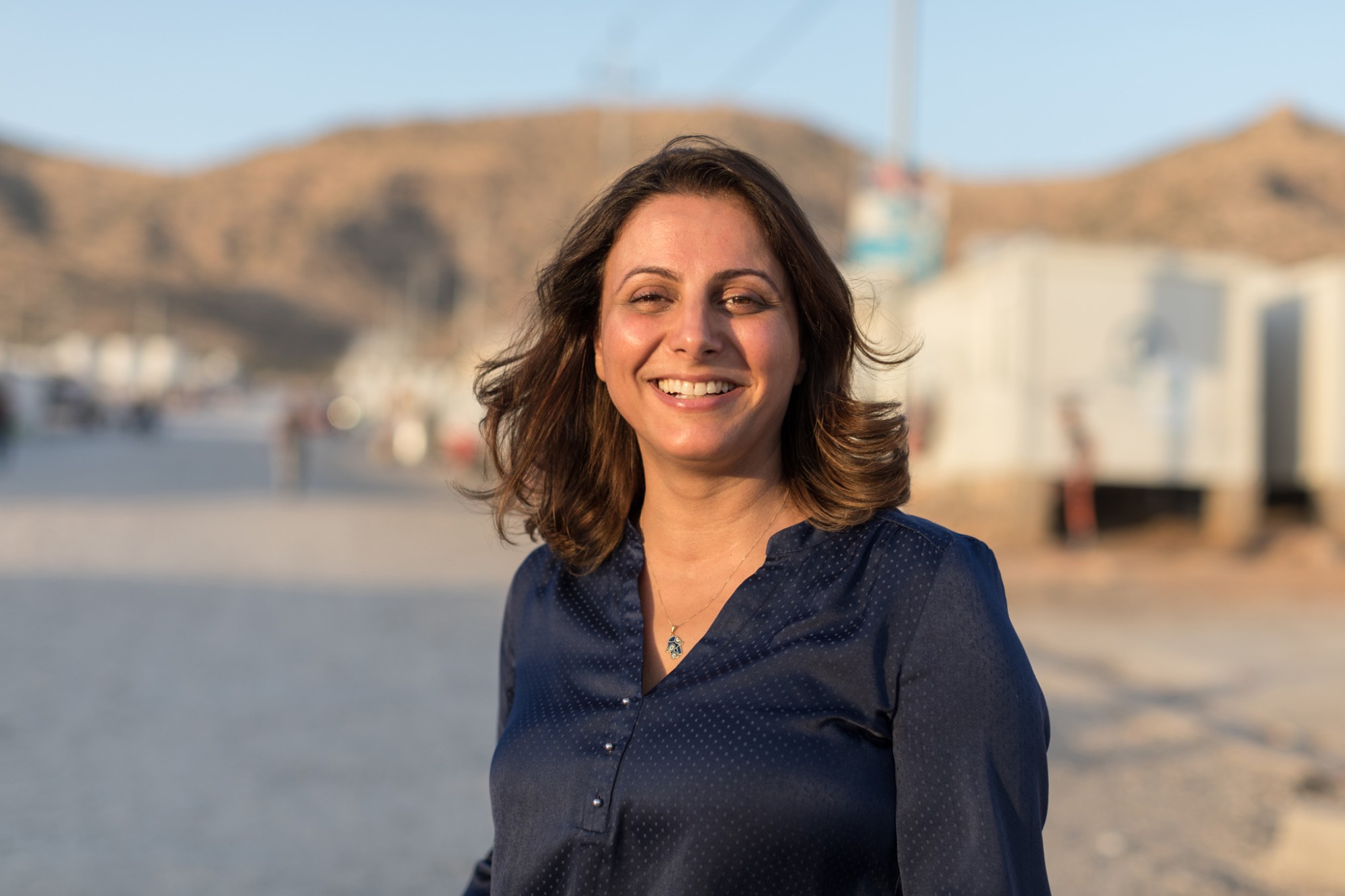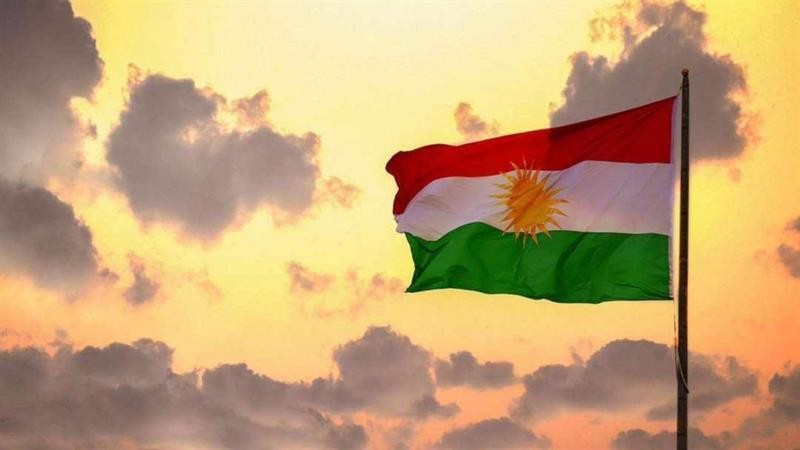A climate vulnerability assessment by the International Organization for Migration (IOM) published on June 3 underlines that the impact of climate change is less noticeable and more localized in the Kurdistan Region of Iraq (KRI) than in central and southern Iraq.
The IOM report said that a lack of dedicated climate data and analysis on the KRI has hampered understanding of the specific challenges confronting the region, despite its distinct climate, topography, and governance compared to central and southern Iraq.
Data was collected for the report between September and December 2023. “No climate-induced displacement, secondary displacement or failed returns were recorded in KRI this round,” the report said.
Moreover, it said that the environmental hazards are largely confined to sand or dust storms and increased temperatures. “Sand or dust storms can reduce water quality and disrupt agricultural activities, while increased temperatures heighten rates of evapotranspiration and raise demands for water. Moreover, 1 in 10 locations, mostly in Sulaymaniyah, witnessed drought.”
The report also said that the Kurdistan Region relies mainly on rainfall, boreholes, wells, rivers, and streams as water sources for irrigation.
“This dependence on precipitation renders KRI vulnerable to climate change as rainfall patterns change. Among locations with an irrigation water source, 40% indicated that the supply of such water decreased within the last year, largely due to decreased rainfall and, to a lesser extent, population growth/agricultural intensification and costs of water trucking.”
Moreover, it said that climate-sensitive livelihoods like farming, livestock rearing, and fishing are among the top livelihoods in 43% of the locations assessed.
“This is lower than the share observed in central and southern Iraq and may explain the more limited climatic impacts observed in KRI.”
However, it said that the effects of climate change on livelihood activities in the Kurdistan Region remain fairly contained, with consequences more widely reported in Erbil than Sulaymaniyah. However, 45% of rural locations where climate-sensitive livelihoods are among the top activities indicated a loss of crop production, livestock deaths, or reduced fishing yields in the past year due to environmental factors.
“Adoption of coping strategies was concentrated in a small number of districts. The most common strategies are conserving water and, to a lesser extent, diversifying livelihoods and changing agricultural activities,” the report added.
The report also underlined that tension and conflict over natural resources revolved around access to arable land. This issue is concentrated in four subdistricts, most notably in Bazian and Bakrajo in Sulaymaniyah District.
Read More: Climate Conference Addresses Future Challenges for Iraq and Kurdistan
At a recent conference organized in partnership between University of Kurdistan Hewler, the French Research Center on Iraq, and the Bahralolom Forum on May 12, climate challenges were also discussed.
“The uncontrolled warming of our planet could, in our lifetimes, change how and where we live and force populations from their lands in greater numbers than in times of war,” Kurdistan Regional Government (KRG) Prime Minister Masrour Barzani posted on X after the conference.
He also underlined during the conference that it is the KRG’s responsibility “to protect our nature and environment to stop desertification.”
Also at the conference, Senior Advisor to Prime Minister Barzani on Foreign Affairs and Climate Change Bayan Sami Abdul Rahman underlined the importance of working together to address the challenges of climate change for the Kurdistan Region and the Federal Government of Iraq.
“Climate change affects us all, regardless of wealth, heritage, political affiliation, or social class,” she concluded.

